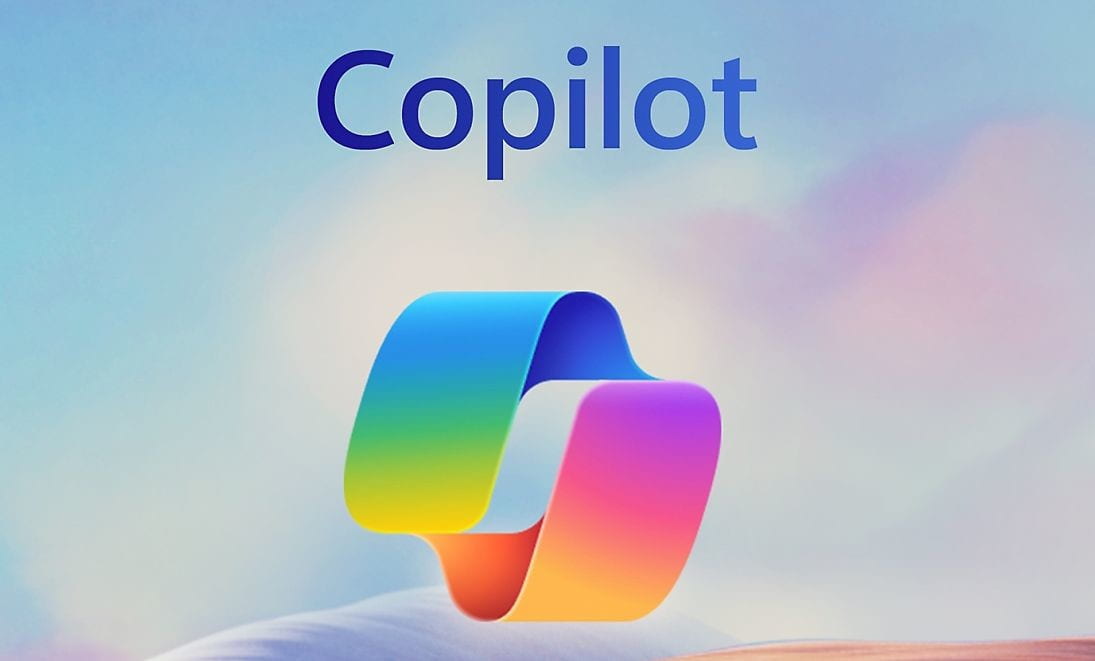Microsoft Copilot
Microsoft Copilot (formerly Bing Chat Enterprise) with Enterprise Data Protection is a generative AI-powered assistant that aims to boost productivity and efficiency. It leverages large language models like GPT-4 and integrates DALL-E 3 for visuals.
Microsoft Copilot is currently available to faculty, staff, and students as part of the University’s Microsoft contract.
Take a look at all you can do – Copilot User Guide

Key Features
Use Copilot for:
- Content generation
- Document summarization
- Creative image capabilities
- Conversational interactions
- Assistance with efficiency and creativity
Up-to-Date Responses
Copilot answers questions using current online information. It cites sources clearly so users can validate accuracy. Review any guidance before action.
Enterprise-Grade Capabilities
- Enterprise Data Protection, ensures that prompts and responses are protected under the same contractual terms and commitments as other Microsoft 365 services, such as Exchange and SharePoint.
- Prompts, responses, and data aren’t used to train foundation LLMs, including those used by Microsoft 365 Copilot.
- Accessible with your Penn State credentials
Helpful Links
Appropriate Data Usage
- Only Level 1 (public) or Level 2 (moderate) data as defined by university policy should be used with Copilot
- Do not input highly confidential data
- Check classification before entering any institutional data per AD95
While Microsoft does not use data from Copilot Chat to train their AI models, it’s still crucial to exercise caution. Ensure you understand Penn State’s data classification guidelines. Do not use Copilot with Level 3 or 4 data.
Exercising prudence when handling institutional data allows you to leverage Copilot’s capabilities securely. If you’re unsure about data classifications or appropriate usage scenarios, consult your IT team for guidance before proceeding.
Get Started
- Visit copilot.microsoft.com (Copilot is designed for use in Microsoft Edge but also supports other major browsers, including Chrome, Firefox, and Safari, in both desktop and mobile formats). Copilot is now embedded in the M365 page.
- Select “sign in with a work or school account” when prompted to enter your credentials.
- Log in with your Penn State userID and password, and authenticate with MFA when prompted
- Upon successful login, you should see the Copilot page appear with a white shield in the upper right corner.

Note: Microsoft Copilot allows for 30 prompts or back-and-forth exchanges per session. However, you are limited to a maximum of 300 sessions within a 24-hour period.
Why use Microsoft Copilot with Commercial Data Protection
There are a few key reasons why Microsoft Copilot with enterprise data protection is considered better suited for organizational or enterprise use compared to consumer AI tools like ChatGPT or Google’s Gemini:
- Data Handling- When users sign in with their work or school accounts, Copilot provides enterprise data protection. This ensures that prompts and responses remain within the Microsoft 365 service boundary and are not used to train underlying AI models. Users have the ability to delete their Copilot activity history, including prompts and responses. This can be done through the My Account portal, allowing users to manage their data effectively.
- Enterprise Data Access Controls- Copilot operates within the Microsoft 365 ecosystem, accessing organizational data such as emails and files only when explicitly permitted by existing access controls. It adheres to the same data access policies as other Microsoft 365 services, ensuring that users can only access data they are authorized to view.
- Transparency and Verifiability – Copilot cites sources for its responses, allowing verification of information accuracy while consumer tools like ChatGPT provide responses without revealing data sources
- Availability and Support – Copilot access is provisioned and supported through the University’s Microsoft relationship; most consumer tools have no dedicated enterprise support channels
- Regulatory Compliance – Copilot’s data handling meets regulatory standards that consumer tools may not comply with.
These critical features make Copilot an ideal solution for academic institutions like Penn State to safeguard sensitive data assets and intellectual property more effectively.
